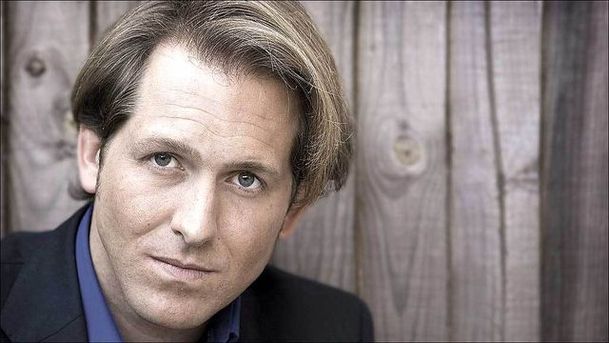Inside Out East - 25/01/2010

Julie Reinger asks whether the names of those who died fighting in Afghanistan and Iraq should be included on war memorials. Many war memorials are dedicated to those who lost their lives during the First and Second World Wars, and on some memorials more recent conflicts are not even mentioned let alone the names of the people who died serving their country. The Foster family in Essex lost their son in Afghanistan in 2007 and since then have been trying to have his name included on their local memorial in Harlow. It still isn't there. There is a plaque on his old school and a commemorative bench, but they are no substitute for inclusion on the official war memorial. Would adding the names of those who died in recent conflict give them the same significance as those who died during the First and Second World Wars and improve public support for people serving in modern conflicts such as Afghanistan? Unless that happens, is there a risk that recent losses seem less important than those of the past? What powers do bailiffs have? Not what you might think - they're not allowed to break down doors to recover goods. David Whiteley follows a group of bailiffs who specialise in evicting travellers. The bailiffs pioneered an approach with Stevenage Council which means it's now easier to get rid of unwanted visitors. These bailiffs use a rule which allows anyone to use reasonable force to remove trespassers from their property. It means travellers can now be made to leave almost immediately.